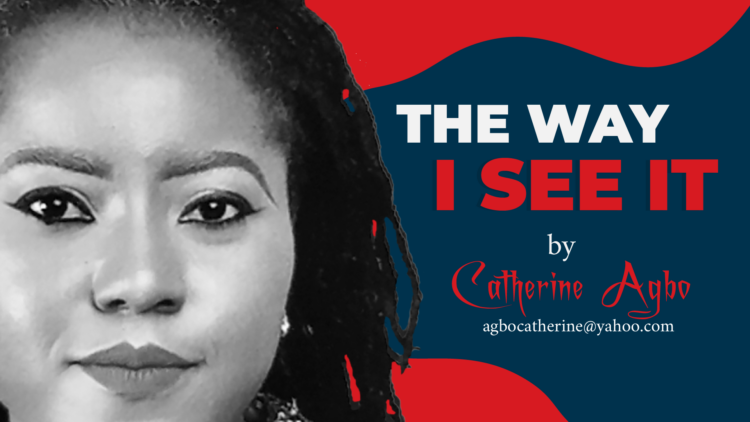In 2016, the site for registration to vote in the EU referendum crashed minutes before the deadline after witnessing a surge.
The registration had been on for three years but people chose to just chill till the final minutes of the exercise, causing the site to crash and leaving many unsure of voting.
In what was seen in some quarters as a move he hoped would get more youth and EU-friendly to register, then Prime Minister, David Cameron, moved for and got a 48 hour extension of the deadline.
Over 400,000 people registered during the extension without the technical issues that were experienced with the earlier deadline.
Sometimes, when Nigerians behave the way they do, one is tempted to think that it is behaviour that is peculiar to us but it would seem that when it comes to leaving things undone till the last minute, it is a general human behaviour.
Those who procrastinate a lot are made to feel like they are in the minority who do not believe in doing things orderly and timely but psychologists have a different view.
To them, procrastination may be a good thing after all.
One of them, American psychologist and author, Professor Adam Grant, holds the view that people should make time to procrastinate as a way to fuel creativity. His argument is that creative people tend to procrastinate more.
Similarly, a British psychologist, Anna Abramowski, says people who “actively procrastinate display a certain level of self-reliance, autonomy and self-confidence because they are aware of the risk of subjecting themselves to last-minute pressures and still consciously decide to. That can be a good thing, because it stimulates creativity and enables them to engage in multiple tasks at the same time.”
For some other people, when they procrastinate, they may be revolting against a strict system that ensures they do things on time, they do not want to finish tasks too early lest they’re saddled with more and so on
In spite the views of psychologists on the issue of procrastination, the behaviour of Nigerians is best described by self-published author, Alyce P. Cornyn-Selby, who once said “A perfect method for adding drama to life is to wait until the deadline looms large.”
This is exactly what Nigerians do with all things deadline, be it voter registration, return of old currency to banks or collection of their PVCs after registration.
Nigerians are very dramatic and they never miss an opportunity to show just how. Press conferences, interviews, radio and television talk shows. When it is time for drama, Nigerians do not leave and stone untouched.
Whenever a new policy is announced, a new band of analysts and critics are born. They will criticise and analyse but take no action until deadline looms.
Recently, the Independent National Electoral Commission (INEC) announced that collection of PVC would commence at its offices in each of the 774 local government areas across the country from Monday 12 December, 2022.
The commission also said that the PVC collection will be decentralised to the 8,809 Registration Area/Wards in the country from January 6, 2023.
To ensure it gives out all cards, the commission’s staff will also work Saturdays and Sundays.
I am no prophet of doom but I foresee a situation where people will soon get into the holiday mood, forget or refuse to go for their PVCs then when the deadline is close, they’ll start shouting hoarse, accusing INEC of deliberately plotting to disenfranchise them.
Some will call for an extension of the deadline and even suggest that people have should be allowed to pick up their PVCs from the polling units on the same day and vote.
I had said on this page before that the impressive figures for registered voters did not elicit so much joy in me as millions of the PVCs after production, end up in cabinets in INEC offices.
As at May 2022, INEC said there were over 20 million unclaimed PVCs in it’s offices across the country.
The question then is who are the owners of the unclaimed voter cards and what will it take to get them to and collect them?
Voter registration as I’ve said here before is only one part of the process and the way I see it, the process can only be deemed to have been successfully completed when people follow up and collect their voters cards after they’re produced and then use them on election day. Only then would the effort count.








